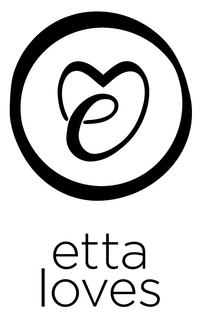NAVIGATING POSTPARTUM PERIODS
As you move into the forth trimester and work through the hormonal highs and lows of postpartum life, it's only natural to have questions about your menstrual cycle's return and how to manage the inevitable postpartum periods.
So we spoke to Ruth Marsden, Founder of The Better Company, about all things period and what to expect.
Right after birth you'll experience something called 'postpartum discharge'. It's often confused with a period, but it's not. In the bluntest terms, it's blood, tissue and general waste from childbirth - a good clean out that lasts 2-6 weeks. In those early days it's always best to wear a reusable pad, or heavy duty period pants rather than anything insertable. We love Wuka for period pants and The Better Company for reusable pads.
"Once you have been signed off by your doctor and your period returns, you are safe to use whichever period product you feel most comfortable with. For many women tampons became increasingly uncomfortable after birth," - Ruth
In the days following birth, it's common to experience cramps too which are your uterus contracting and shrinking back to its original size - isn't the human body clever!
A paracetamol or hot water bottle can offer relief, with plenty of rest (or as much as you can get with a newborn). The cramps usually only last two to three days and are more common in women who have previously had a baby.

The official return of your period differs from person to person, "some people's periods start as soon as 4 weeks post birth. If you exclusively breastfeed your period is likely to be delayed in returning (note: this doesn't mean you aren't fertile though!)" - Ruth.
If you breastfeed or pump, you'll likely go period-free until you start supplementing feeding with solid food, as the hormones you produce while breastfeeding suppresses ovulation. If you continue breastfeeding feeding often, you may stay period-free even longer.
However if you formula feed your little one, you don't get the same hormone boost so your regular period returns much quicker.
"While your body re-adjusts your first few periods can often be heavier. This does differ from person to person though. A menstrual cup is really helpful to gauge how heavy your period is. There are markings on the side of the cup so you can measure the blood loss and keep track of it if you are concerned at all." - Ruth.
In the first few months after birth, it's very normal for you to have irregular periods, or a cycle that is different to the one you remember so take it period by period and if you have any concerns do see your doctor for reassurance.
Thank you so much Ruth for your period wisdom, and to find out more about reusable period products and the wonderful company that is The Better Company - click here, or you can follow them on instagram here.





